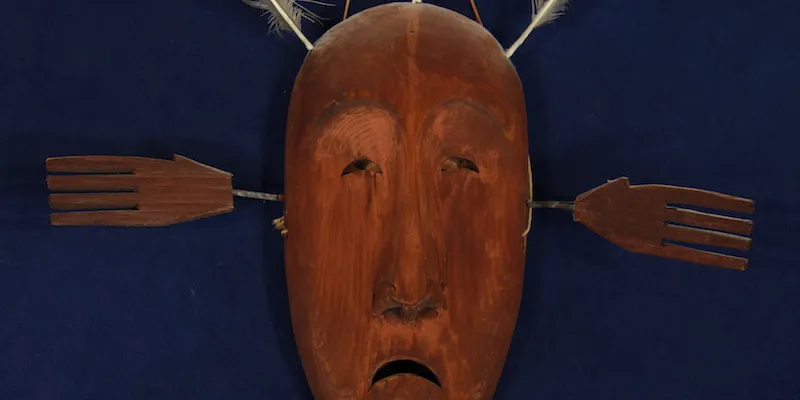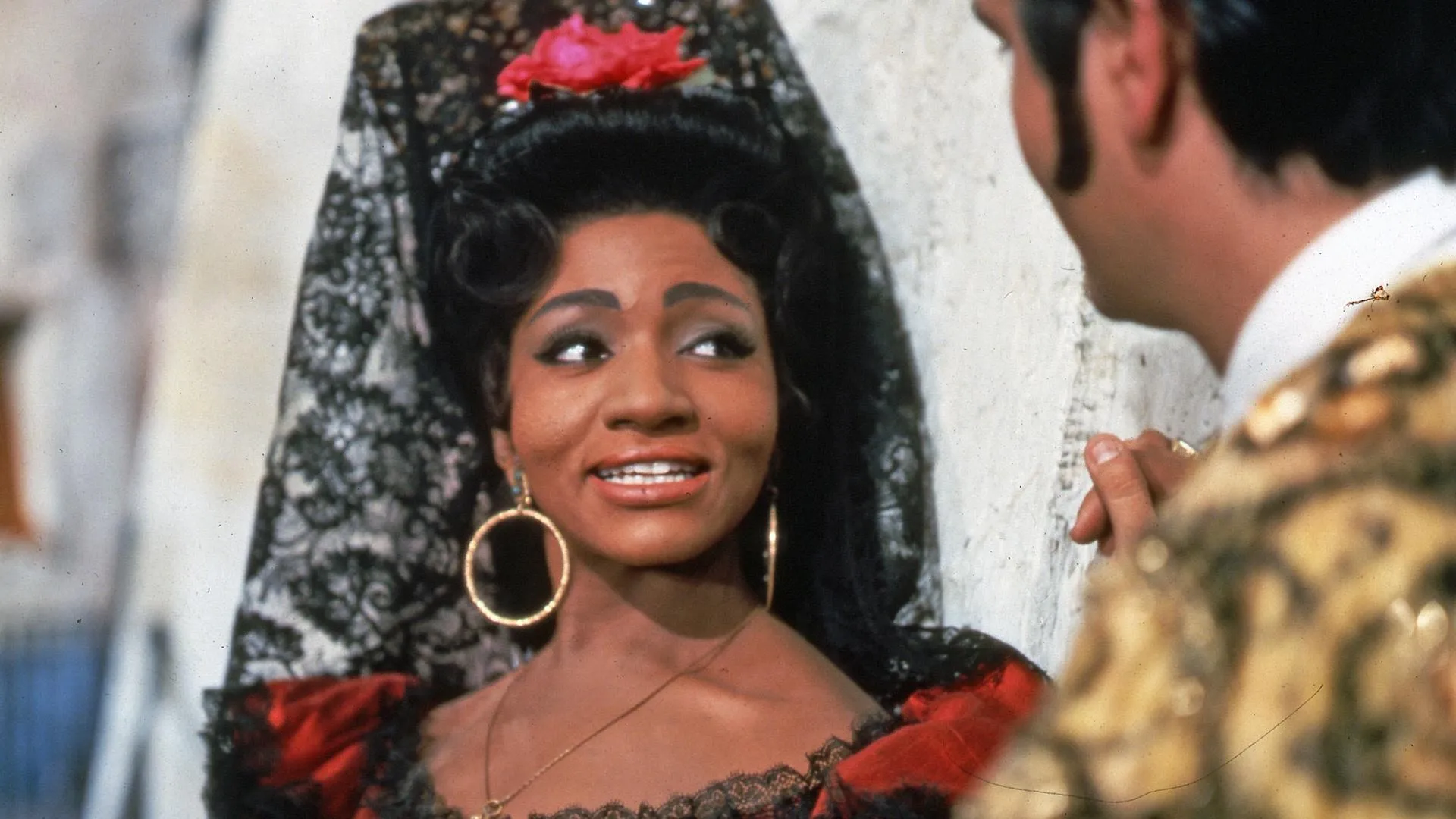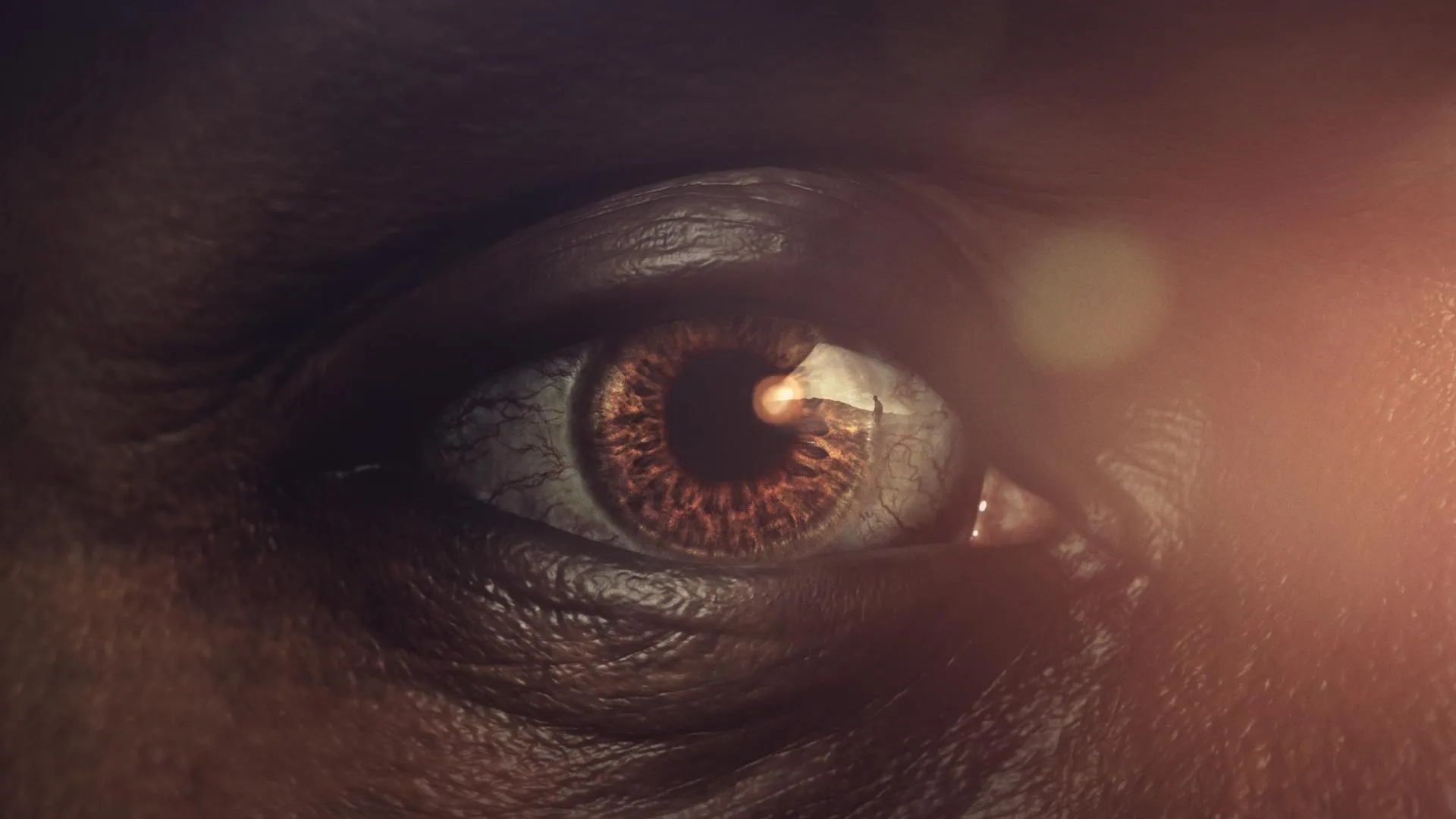
After further research and consultation, Buxton concluded that the mask and appendages are authentic, with a current auction value that could go as high as $18,000.
Feb 12, 2010
BY John Buxton
The Yup'ik are Eskimos of Western Alaska whose masks vary enormously but are characterized by great invention. They differ in size, from small forehead and finger "maskettes," to enormous constructions that dancers need external supports to perform with. Many of these masks were used almost as stage props, some which imbued the dancer with the spirit that they represented—and most were often destroyed after use. Others represented animal people (yuit), and insects, berries, plants, ice, and objects of everyday life.
When I first examined the shaman spirit mask at the Madison ROADSHOW in July 2009, though I said I was "80 percent" sure, I did not feel I could be certain without additional research whether it was an authentic mask that was embellished later with the appendages, or whether it was an authentic mask that had been made with appendages originally. The process of determining for sure required studying both the style of the mask and the indigenous assembling process. Following the Madison event, the owner shipped the mask to another expert for further examination. After consulting with that expert, we jointly concluded that this ca. 1900 mask, with its appendages, was indeed correct and intact—not embellished later. It was also in need of restoration, which was performed during the same process. It's important to understand, as in this case, that upon initial inspection, not all objects provide a moment of instant, total recognition of all the relevant facts; further examination and research are often necessary to reach reliable conclusions.
Eskimo vs. Inuit
As to the terms Eskimo and Inuit as I used them during my on-air appraisal: Eskimo groups comprise a huge area stretching from Siberia through Alaska and Northern Canada (including Nunatsiavut in Labrador and Nunavik in Quebec), to Greenland. The term Eskimo has fallen out of favor in Canada and Greenland, where it is considered pejorative, and the term Inuit has become more common. However, Eskimo is still generally considered acceptable among Alaska natives of Yup'ik and Inupiat (Inuit) heritage, and is preferred over Inuit as a collective reference.


